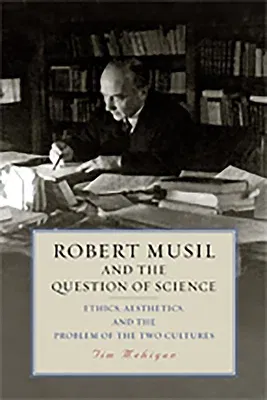Tim Mehigan
(Author)Robert Musil and the Question of Science: Ethics, Aesthetics, and the Problem of the Two CulturesHardcover, 15 April 2020

Qty
1
Turbo
Ships in 2 - 3 days
In Stock
Free Delivery
Cash on Delivery
15 Days
Free Returns
Secure Checkout

Part of Series
Studies in German Literature Linguistics and Culture
Part of Series
Studies in German Literature, Linguistics, and Cul
Print Length
180 pages
Language
English
Publisher
Camden House (NY)
Date Published
15 Apr 2020
ISBN-10
1640140662
ISBN-13
9781640140660
Description
Product Details
Author:
Book Format:
Hardcover
Country of Origin:
US
Date Published:
15 April 2020
Dimensions:
23.11 x
15.24 x
1.78 cm
Genre:
Germany
ISBN-10:
1640140662
ISBN-13:
9781640140660
Language:
English
Location:
Rochester
Pages:
180
Publisher:
Series:
Weight:
408.23 gm